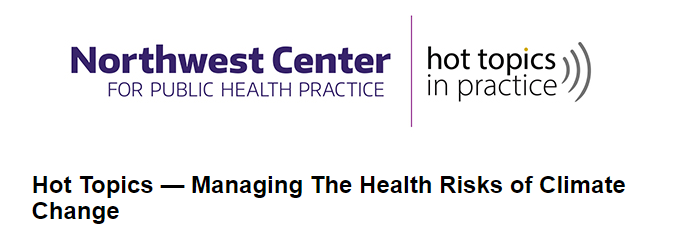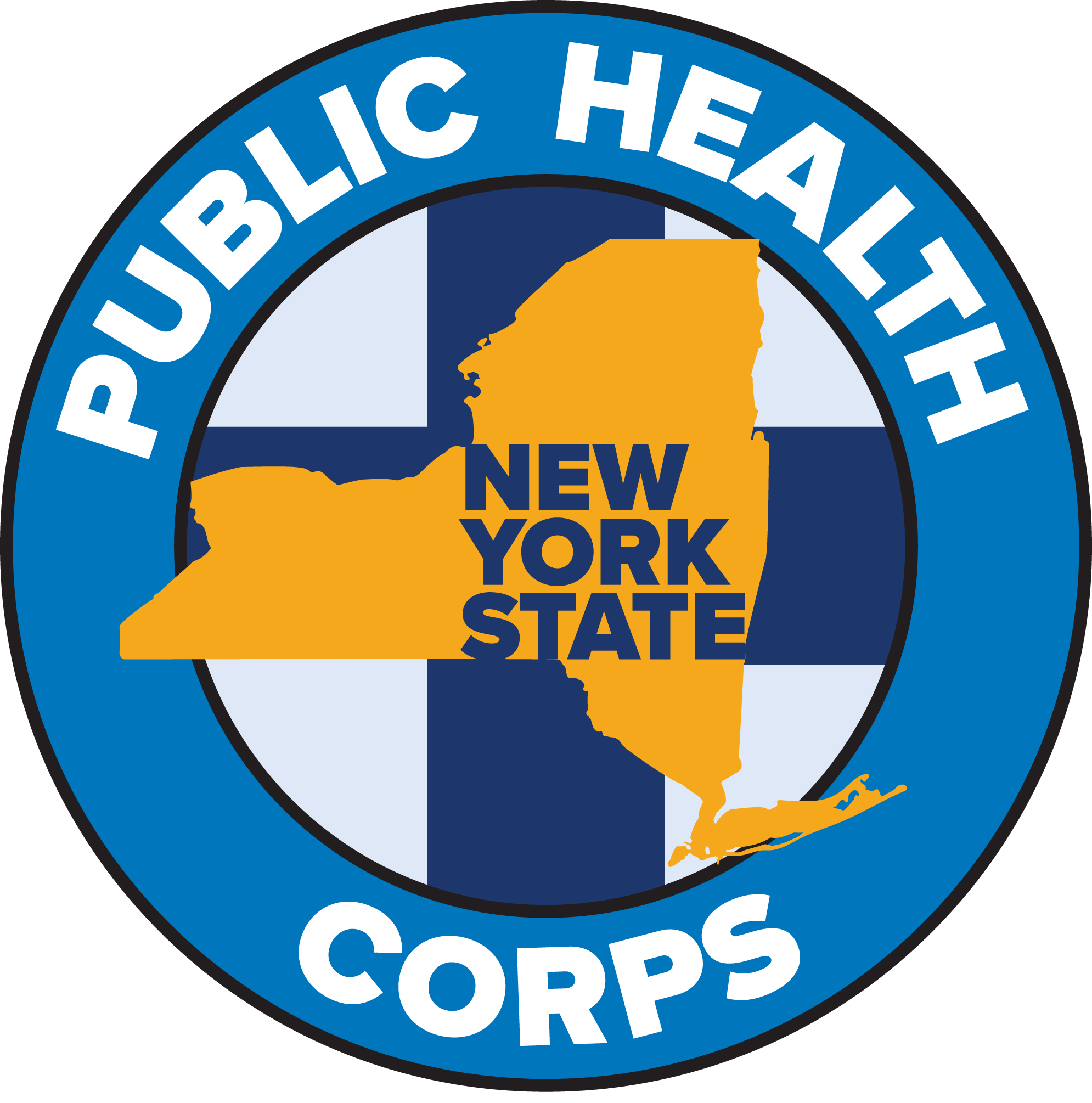
Climate change is causing preventable injuries, illnesses, and deaths, with each additional unit of warming projected to further increase morbidity and mortality from most climate-sensitive health outcomes. Vulnerable populations and regions will be affected differently, with the potential to increase poverty and inequities.
The August session of Hot Topics in Practice will provide an overview of the major health impacts due to climate change and ways to manage it. The session will cover the primary policy responses to address the health risks of climate change, such as adaptation and mitigation, and will highlight key interventions to promote climate-resilient and environmentally sustainable systems.
In this hour-long webinar, Dr. Kristie Ebi, a professor at the University of Washington’s Department of Global Health and the founder of the Center for Health and the Global Environment (CHaNGE) at the School of Public Health, will explain how health adaptation and mitigation can reduce the current and projected burdens of climate-sensitive health outcomes over the short term, and examine potential emission and development scenarios into the next century. The presenter will also discuss sustainable development pathways, which could delay but not eliminate associated health burdens. By the end of the webinar, participants will be able to explain some of the health benefits associated with the key policies that aim to mitigate the effects of greenhouse gas emissions.
Note: Live webinar attendance will be capped at 500 audience members and admittance is on a first-come basis. If you miss the live webinar, don’t forget that recordings of all our Hot Topics webinars are available on our free e-learning portal. Find out more at https://phlearnlink.nwcphp.org. An email reminder with a link to this month’s Hot Topics recording will be sent out after the webinar. Closed captioning will be available during the webinar.
